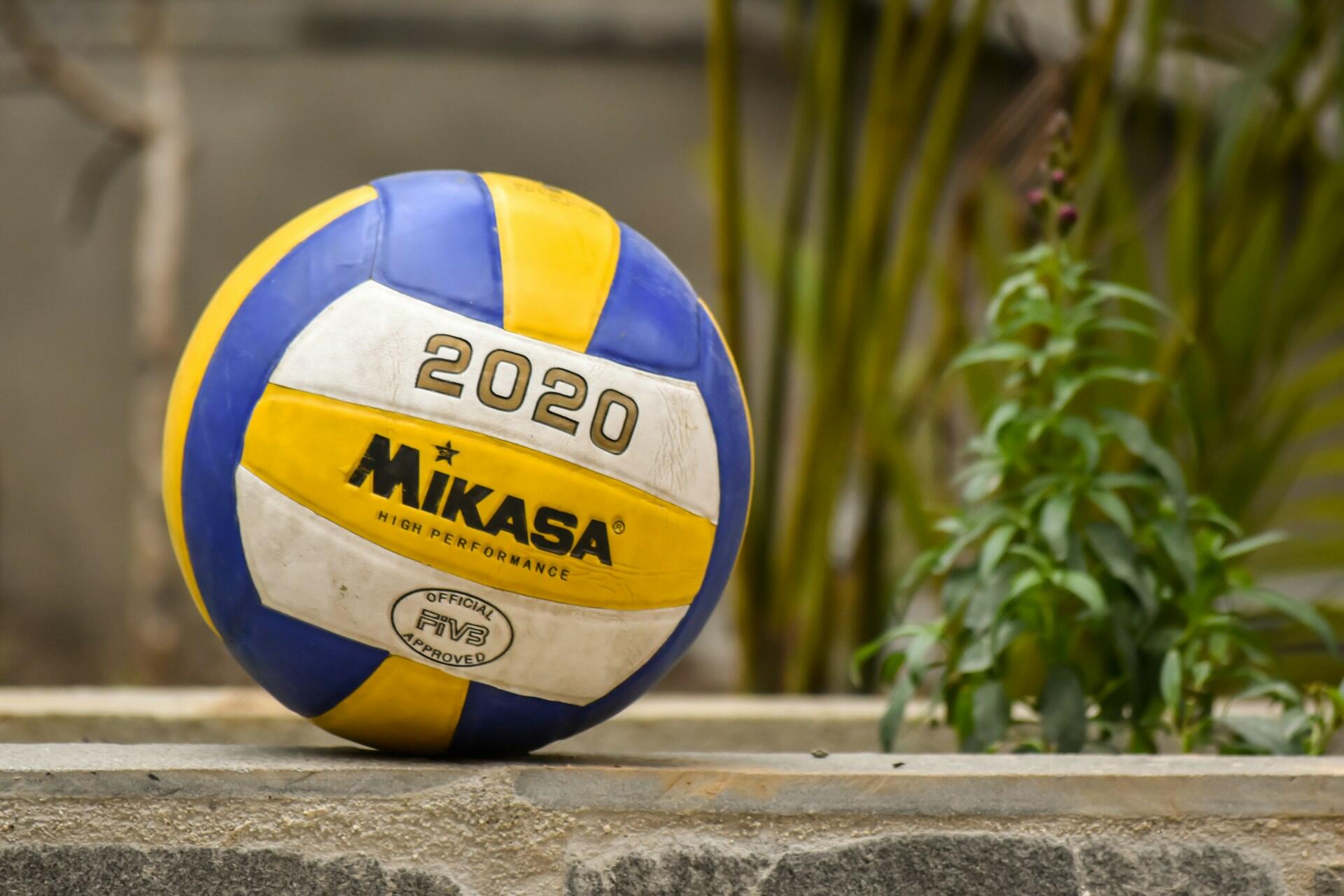A defensive specialist in volleyball is a back-row player specifically because of their ability to dig, pass, and cover the court on defense. This is a highly focused role, as they don't play in the front row, don't block, and rarely serve. Instead, they sub in for weaker defensive players, often hitters, to strengthen their team's back-row play. The defensive specialist is crucial in keeping rallies alive and converting their opponent's attacks into scoring opportunities for their own team.

What Is a Defensive Specialist in Volleyball?
The defensive specialist is the back-row player typically subbed in to improve serve receive and digging. While the libero is a permanent defensive role with specific rules and its own distinct-colored jersey, the defensive specialist (DS) is more flexible, but substitutions are limited.
The defensive specialist doesn't block or attack the ball at the net. They focus entirely on tracking down hard-driven hits, keeping rallies alive, and providing accurate passes to the setter. Coaches tend to use defensive specialists tactically, bringing them in for taller but less agile hitters.
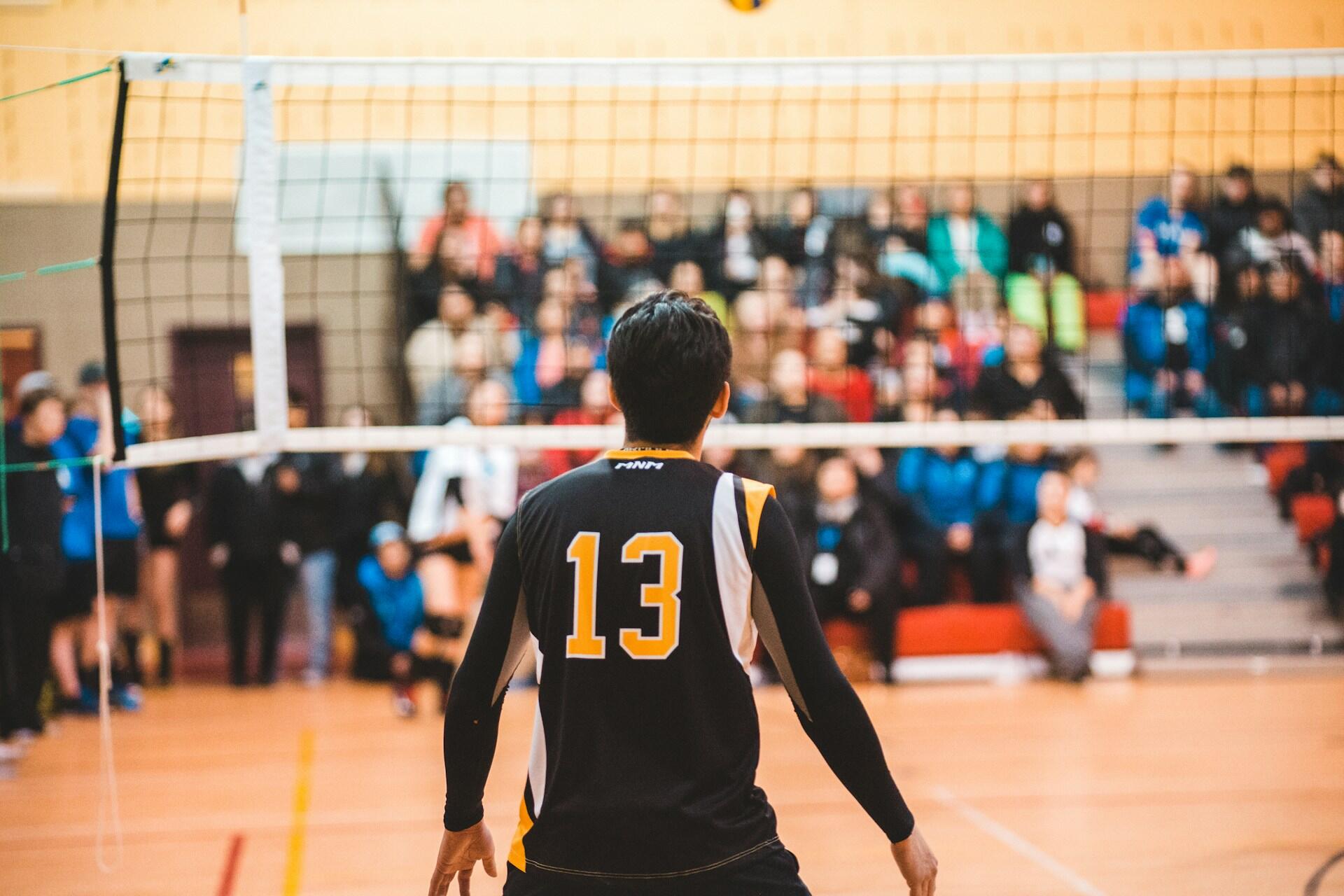
What Do Defensive Specialists Actually Do?
- Dig Opponent Attacks: Defensive specialists cover space behind blockers and dig hard shots or tips from opposing hitters.
- Pass Serves: They help stabilize serve receive, often working in tandem with the libero or outside hitter.
- Read Plays Quickly: They must anticipate the opponent’s strategy, react to unexpected plays, and adjust their positioning in real time.
- Support Emergency Situations: In chaotic rallies, they often cover tips, off-speed shots, or transition back into position after making a save.
The defensive specialist isn't the flashiest volleyball position. This is the role that maintains team consistency, and when effective, they'll keep the ball off the floor, extend rallies, and give their team another chance to win the point.
Defensive Specialist vs Libero
Both the defensive specialist and the libero are back-row players who focus on defense, but they serve different purposes and follow other rules. Understanding the differences (and similarities) is key for modern volleyball coaches and players alike.
Similarities
- Both are defensive-minded roles, specializing in digging and serve receive.
- Neither plays in the front row nor performs attacking or blocking duties.
- Both often wear different uniforms from attackers (though only the libero is required to wear a contrasting jersey).
- They’re used to improve the team’s defensive consistency and extend rallies.
Key Differences
| Feature | Defensive Specialist | Libero |
|---|---|---|
| Substitution Rules | Uses standard subs; limited per set | Free substitutions; unlimited |
| Uniform | Wears regular team uniform | Must wear contrasting jersey |
| Serving | Can serve in any rotation (if subbed in) | NCAA rules allow serving in only one rotation |
| Setting Restrictions | None beyond general rules | Cannot hand-set in front of the attack line if the next contact is an attack above the net |
| Flexibility | Can sub in and out of any rotation | Can only replace back-row players |
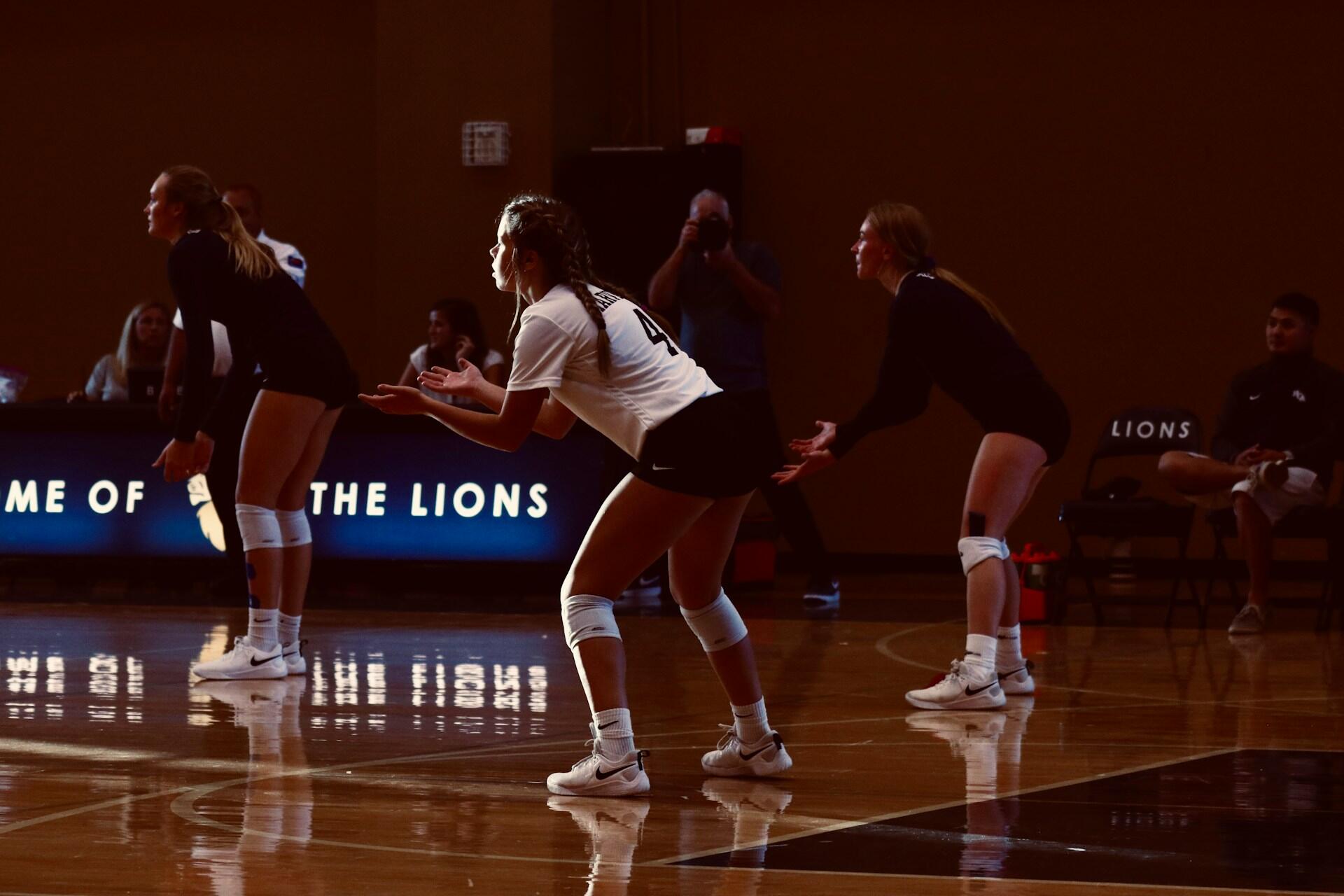
Which Role Is Right for a Player?
Choosing between the libero and defensive specialist positions will depend on your skill set and your coach's system. Liberos will play consistently across multiple sets, whereas defensive specialists are more situation-specific, allowing for tactical flexibility. Both players bolster the defense, but the libero is more set in their role, while the defensive specialist offers strategic depth and versatility from the bench.
Where the Defensive Specialist Plays on the Court
The defensive specialist is a back-row player. They're usually subbed in for a front-row hitter, like the opposite hitter, when that player rotates to the back row. You'll typically find the defensive specialist playing in the left-back or middle-back positions, which allow them to cover the most ground and contribute to serve receive, digging, and rally defense.
Unlike the libero, a defensive specialist must be formally substituted into the game and counts against the team’s total substitutions per set.
Court Positioning and Rotation
The defensive specialist follows standard substitution rules and must be formally substituted into the game, unlike the libero, who can freely rotate in and out. Coaches will typically insert defensive specialists when taller, offensive-focused players rotate to the back.
- Left Back (Position 5): Common area for DS play, especially when defending outside hitters and cross-court attacks.
- Middle Back (Position 6): Ideal for digging strong hits and tips aimed at the middle of the court behind the middle hitter.
- Right Back (Position 1): Less common, but DS may cover here depending on rotation strategy and player strengths.
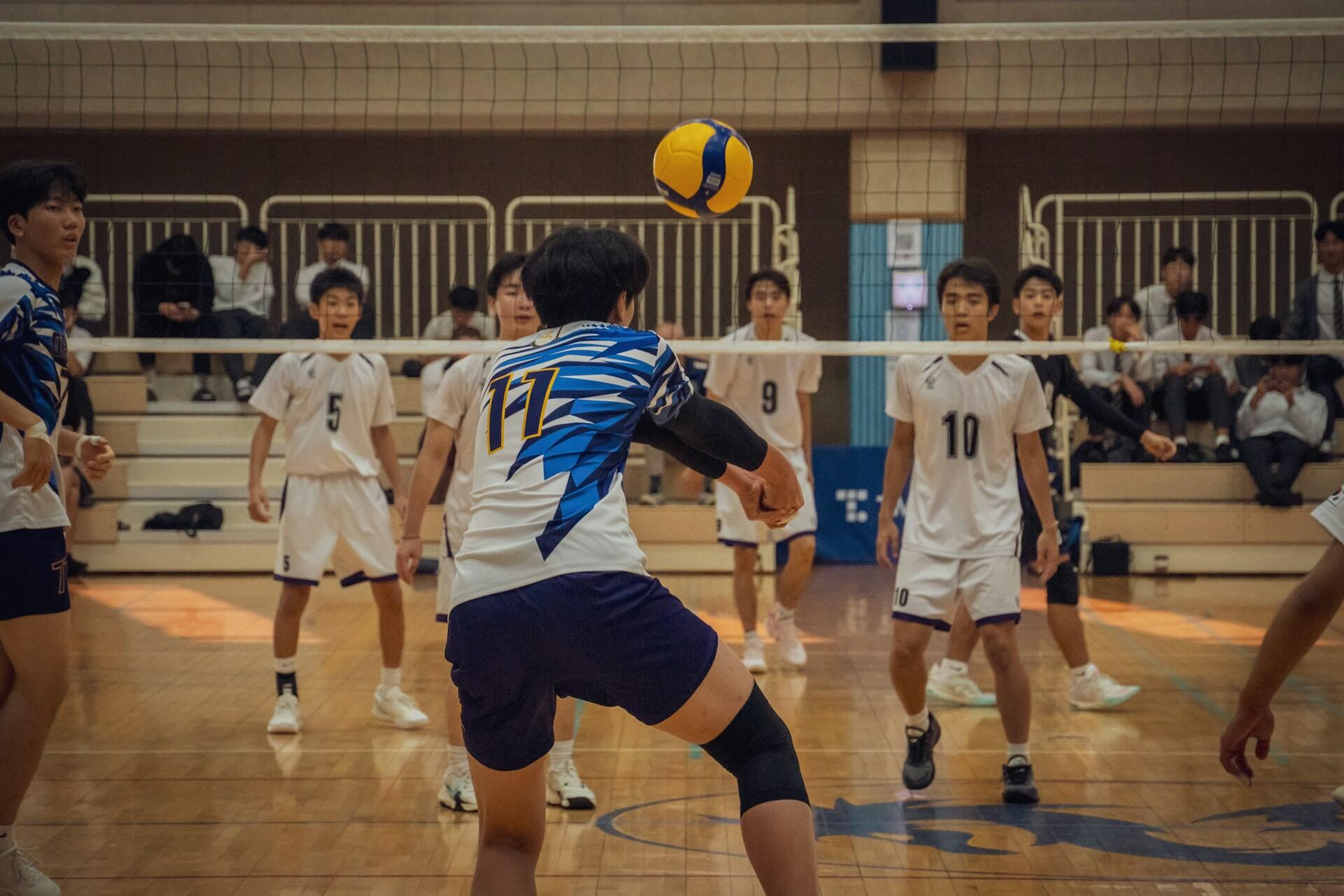
Strategic Placement
Defensive specialists are used strategically to:
- Stabilize the defense when the opponent has a strong server or outside hitter.
- Improve serve receive formations by partnering with the libero.
- Extend rallies by covering deep tips, off-speed shots, and line attacks.
Improve your defensive play with this video.

Why the Position Matters to the Team
The defensive specialist is one of the roles that rarely makes the highlight reels despite being one of the most impactful roles in the game. They keep the ball off the floor, stabilize the team, and allow hitters, like the outside hitter, to focus on offense.
Stabilizing the Defense
Defensive specialists are key in:
- Serve receive, especially when the libero alone can’t cover enough ground
- Defending against powerful attacks, especially from outside and opposite hitters
- Helping keep the court organized and the back row communicating
Their presence adds a layer of consistency that helps settle the entire team’s defensive rhythm.
Extending Rallies
Defensive specialists must anticipate, react, and dig out tough shots. By keeping the ball alive, their team has another chance to win the point. This seemingly slight edge can make a big difference throughout a game.
Tactical Flexibility for Coaches
With substitution limits in place, coaches use defensive specialists to:
- Protect weaker back-row players who are better at attacking than defending
- Add a strong server late in a set
- Shift the team’s energy or momentum with a fast, aggressive defender
Still confused? Here are the different volleyball positions explained.
Common Traits and Skills of Great Defensive Specialists
The defensive specialist isn't a role that requires a lot of height or power; it does require quick reflexes, mental focus, and specialized skills. The defensive specialists at the highest levels are consistent, know how to hustle, and have exceptional game IQ.
Key Traits
- Court Awareness: Defensive specialists must read plays before they happen, watching the setter’s hands, anticipating a hitter’s approach, and moving before the ball is hit.
- Quick Reactions: Whether it's a tip, a roll shot, or a cannon down the line, a DS has to respond instantly. Speed and body control are essential.
- Composure: Defensive plays are often chaotic. The best DS players stay calm and make smart decisions under pressure.
- Communication: Specialists must talk constantly, calling out seams, directing coverage, and helping organize the back row.
- Work Ethic: This is a role built on grit. Long training sessions, extra reps, and a willingness to sacrifice the body for a dig are the hallmarks of a top DS.
Defensive specialists are often used when taller hitters rotate to the back row, especially if those players are weaker in serve receive or court coverage.
Technical Skills
- Digging Mechanics: Good platform angles, footwork, and positioning are crucial for controlling hard-hit balls.
- Serve Receive Passing: DS players need to consistently pass balls to the setter’s target area.
- Low Defensive Stance: Staying low and ready keeps players agile and quick on direction changes.
- Emergency Coverage: Defensive specialists cover tips, off-speed attacks, and unexpected deflections, often saving rallies that seem lost.
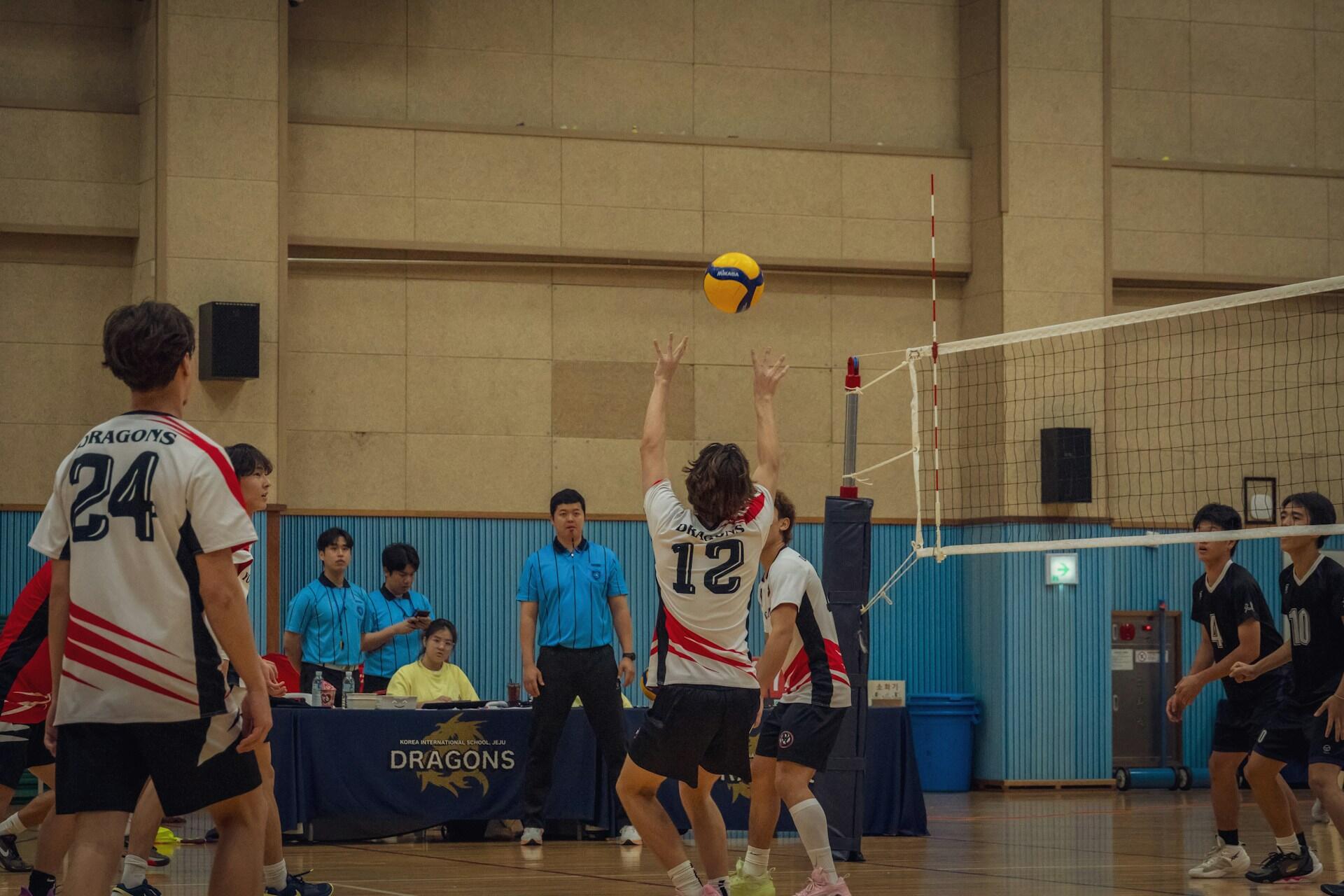
Top Defensive Specialists in the U.S.
Here are just some of the players who have been known for playing defensive specialist volleyball in recent years. We've included a mix of national and collegiate athletes, as well as emerging talents.
🇺🇸 Haleigh Washington (USA Women’s National Team)
🇺🇸 Brian Nigrelli (Penn State)
🇺🇸 Kate Praslicka (Texas A&M)
🇺🇸 Mattie Casale (Purdue)
Learning the Defensive Specialist Role with a Coach
If you'd like to master the defensive specialist position, a dedicated and qualified volleyball coach can help. You can learn to dig hard-driven balls, refine serve receive mechanics, and enjoy personalized feedback and insights. Search for volleyball coaches on the Superprof website and start browsing their profiles today.
Better yet, most of the coaches on the site offer the first session for free, allowing you to try a few potential options before finding the right ones for you, your budget, and your level. Just search for volleyball on the site today!
Summarize with AI:

